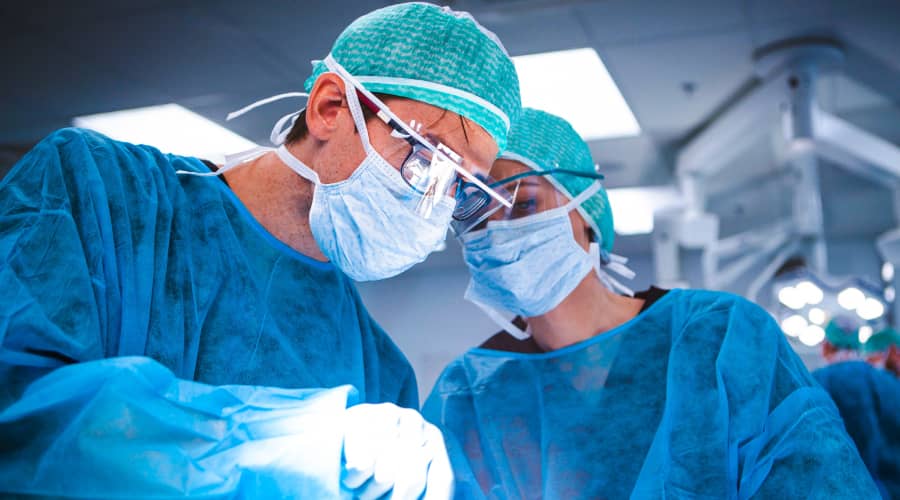
Traditions run deep in New England, especially when it comes to end of life. Memorial services after death provide closure for families and a way to honor these traditions and a life well lived. Gathering friends and family together to express grief and share stories of their loved ones often helps the healing process.
Yet alongside these traditions, more families are considering another choice: the decision to donate a body to science. This option reflects dignity and legacy while also making a direct impact on future generations by advancing medical education and surgical training. While memorial services preserve your loved one’s memory through ritual, body donation ensures a tangible contribution to healthcare progress.
The Unique Value of Body Donation
Choosing to donate a body to science in New England means leaving behind a gift that serves both family and society. When you donate through United Tissue Network, you also benefit from free cremation, alleviating a significant financial burden, while a memorial service can still be held before or after cremation to honor the deceased.
Donated bodies are crucial for training surgeons and the next generation of healthcare professionals. In fact, many medical students call cadavers their first patients, allowing them to practice and refine their skills before operating on a live patient.
How Body Donation Helps Train New England Surgeons
New England is home to some of the country’s most respected academic medical centers, research hospitals, and teaching institutions. From Boston to Hartford to Providence, these institutions shape the future of medicine.
Getting the opportunity to work on a human body is crucial. A 2025 study reported that 92% of surgeons rated training on donated bodies as good or excellent, showing just how effective this hands-on approach is in preparing medical professionals for the real world.
How Important Are Cadavers for Medical Education?
You may wonder why cadavers are still important when there are simulators and 3D models surgeons can practice on. While the technology has advanced considerably, it still can’t replicate the complexity of the human body.
While models are similar, two human bodies are rarely identical. You don’t want surgeons to encounter this variation for the first in the operating room.
When you donate a body to science, you are helping medical students and surgeons:
- Understand human anatomy and its variability
- Refine delicate surgical techniques on real tissue
- Improve patient safety by practicing before entering the operating room
This training is especially important for high-risk procedures. For example, percutaneous nephrolithotomy (PCNL) is a minimally invasive procedure to remove kidney stones, but complication rates can range up to 50% with the highest risks among less experienced surgeons. Practicing this technique on cadavers helps reduce potential complications.
How to Donate a Body to Science in New England
If you want to know how to donate a body to science, you might be surprised how easy this process is. You can pre-register in advance to make your wish known and create the documentation needed to make it easier on your family after death.
You will need to fill out a brief medical and social history and then connect with a Donor Coordinator at United Tissue Network (UTN) to complete your application. Once accepted, you will receive a Digital Donor Certificate to indicate your intent to become a body donor.
UTN is an accredited nonprofit that coordinates whole-body donations through the Northeast. At the time of death, UTN handles the arrangements, including transportation of the deceased, placement with a reputable medical education or research facility, and cremation after the training or research has concluded. All of this, including cremation, is made available to donors at no cost. Upon request, cremated remains can be returned to the family.
A Legacy That Lives On
Choosing to donate a body to science provides families with an alternative to traditional services while still honoring their loved one’s memory. By becoming a whole body donor, you can leave a legacy, advancing healthcare education in New England and beyond while also getting free cremation.
If you would like to learn more about how to donate a body to science, United Tissue Network can guide you through every step. Donor Coordinators are available 24/7 to answer questions and help you make the best decision for your family.
